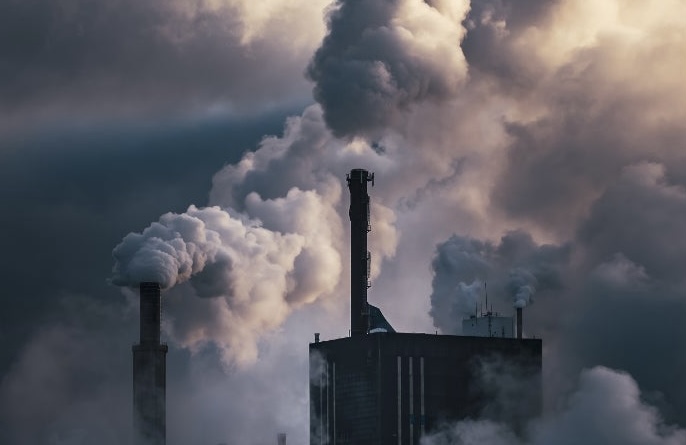The Biden administration has unveiled a new weapon in its fight against climate change, targeting methane emissions within the US oil and gas sector. A cornerstone of this initiative is an $850 million grant program designed to support small oil and gas producers in monitoring and reducing methane leaks from their operations. The competitive bidding process opened on June 21st and closes on August 26th, 2024.
Funding Boost for Methane Reduction Efforts
The grant program represents a significant investment towards achieving the Biden administration’s climate goals, as outlined in the recently passed Inflation Reduction Act. The funding will specifically target smaller oil and gas producers, assisting them in adopting advanced methane detection and reduction technologies. This focus on smaller producers acknowledges the challenges they face in implementing stricter environmental regulations. A wider range of entities are also eligible for grants, including industry players, academic institutions, non-governmental organizations (NGOs), Native American tribes, and state and local governments. This collaborative approach aims to leverage expertise from various stakeholders to maximize the program’s effectiveness.
The initiative comes amidst concerns raised by some smaller US oil and gas producers regarding the financial burden imposed by recently implemented methane regulations. The Environmental Protection Agency’s (EPA) new methane standards have drawn criticism for potentially disproportionately impacting low-producing wells. The Biden administration has also proposed a methane fee on producers, further stoking industry anxieties. The grant program is seen as a way to mitigate these concerns by providing financial assistance for compliance with new regulations and technological upgrades.
Focus on a Potent Greenhouse Gas
Oil and gas production in the US accounts for roughly one-third of all methane emissions. While methane makes up a smaller portion of the atmosphere compared to carbon dioxide, it’s a particularly potent greenhouse gas. Over a 20-year period, methane traps heat over 80 times more effectively than carbon dioxide. Curbing methane emissions is therefore crucial for the US to meet its ambitious climate goals. The United States is part of a global coalition of over 100 countries committed to slashing methane emissions by 30% by 2030 compared to 2020 levels.
The success of the grant program hinges on effective implementation and targeting. While small producers account for only 6% of total US oil and gas production, they are responsible for a significant portion of methane emissions – nearly half, according to a 2022 report. The program must ensure efficient allocation of resources to maximize the impact on methane reduction efforts. This means prioritizing funding for projects that target low-producing wells with the highest methane leakage rates. Additionally, ensuring transparency and accountability in how grants are awarded and utilized will be crucial for maintaining public trust.
Source: Reuters



